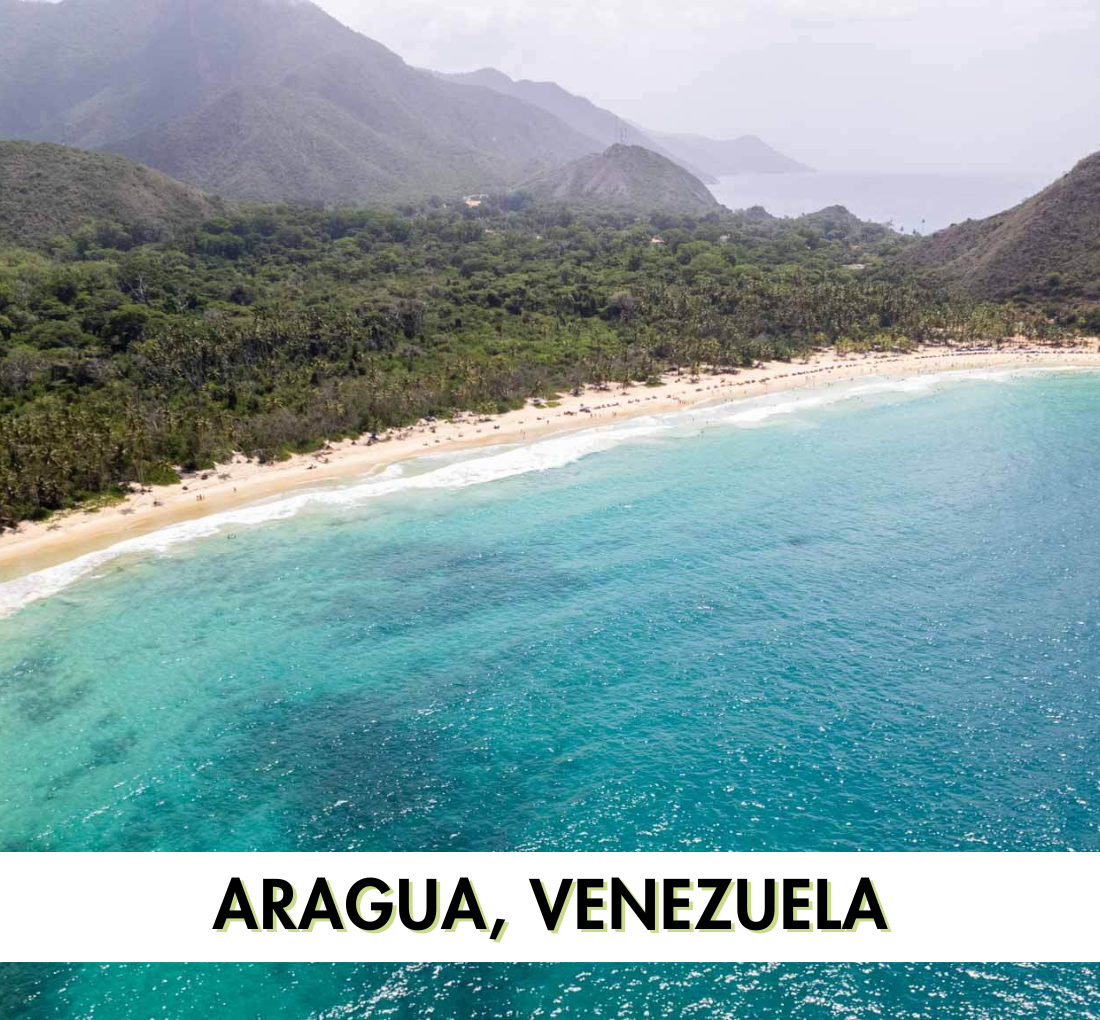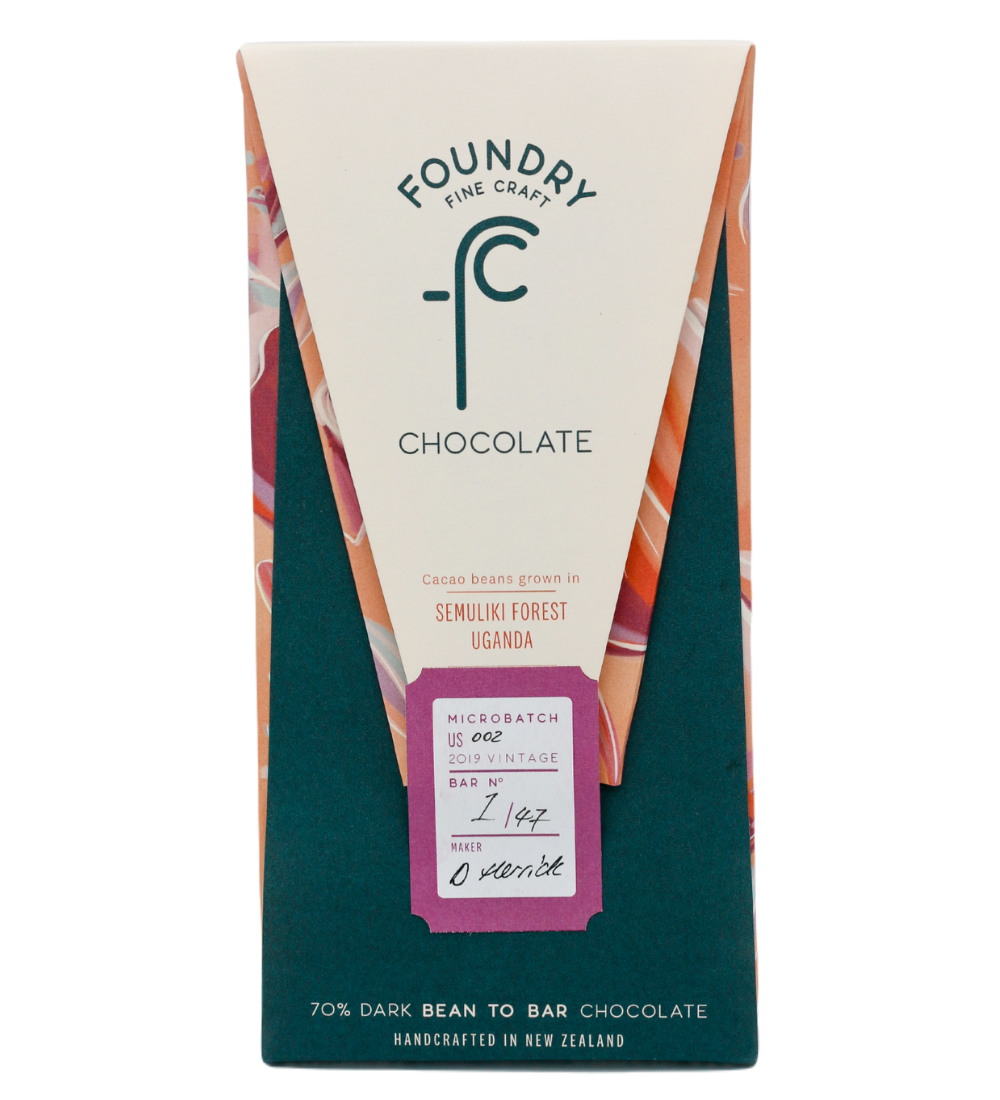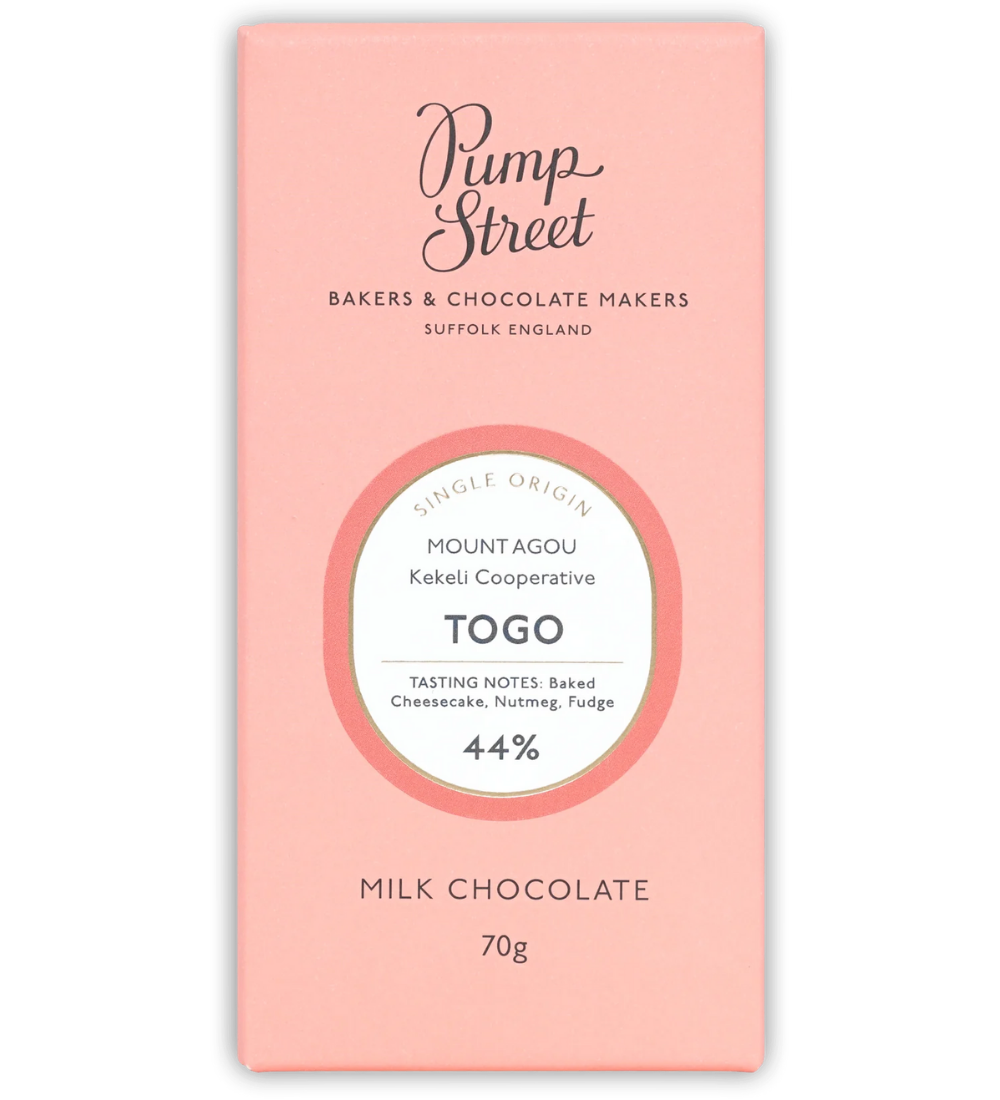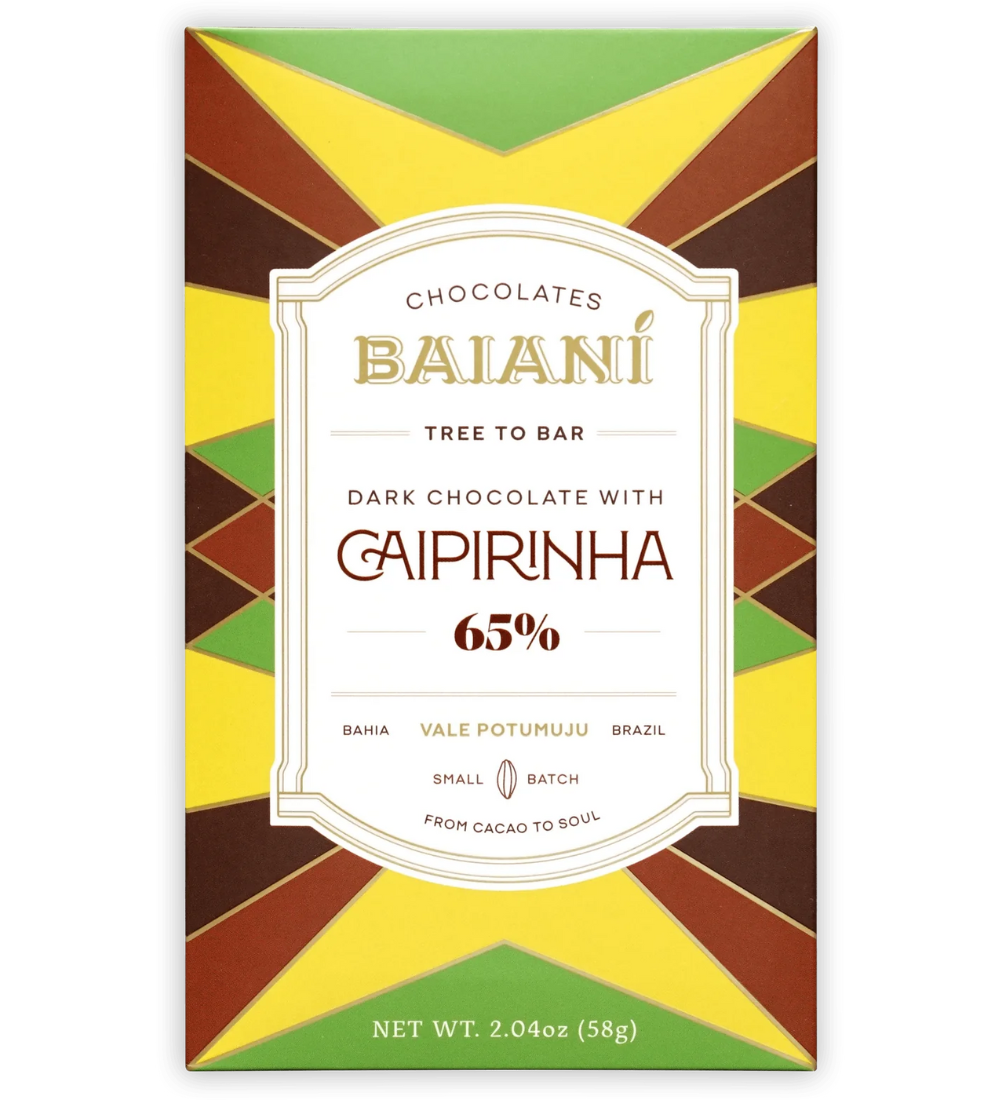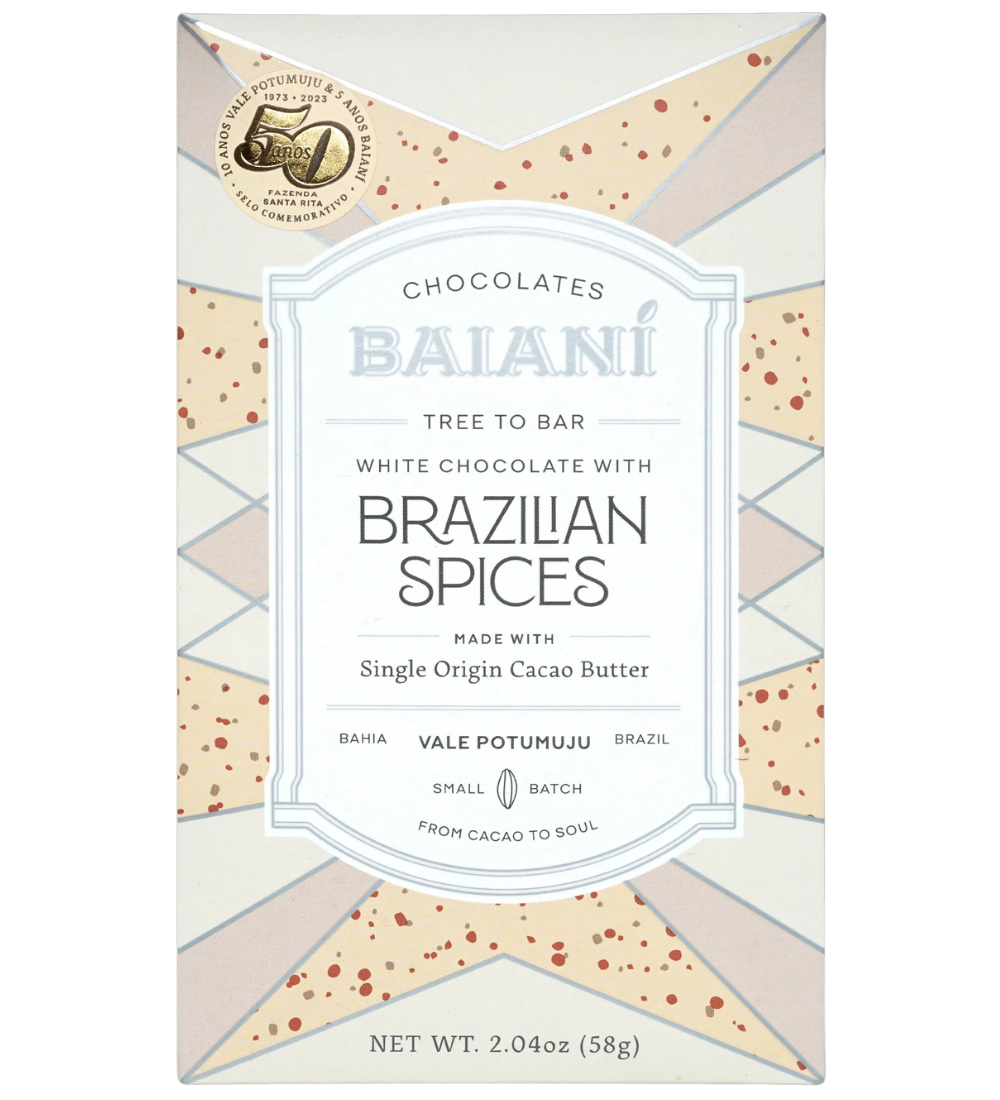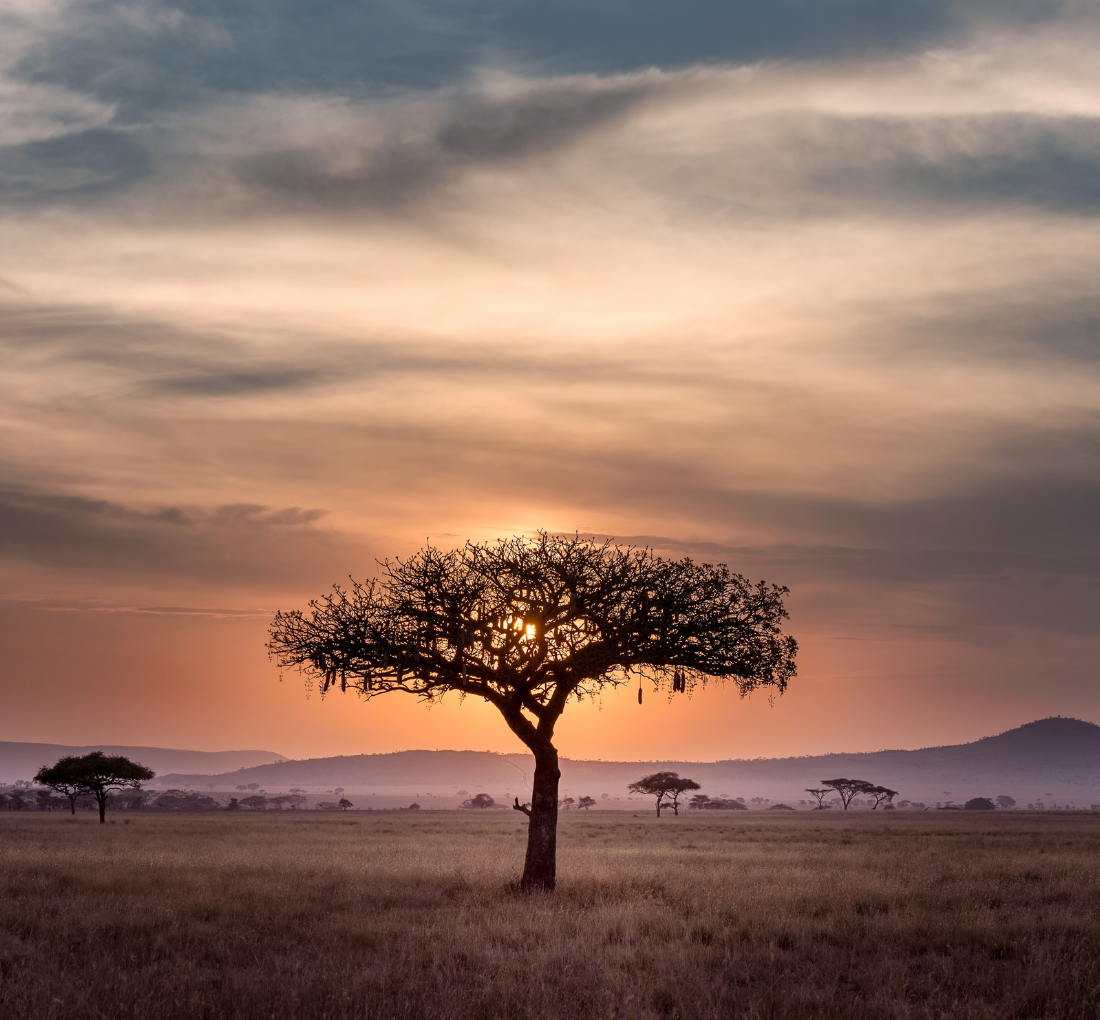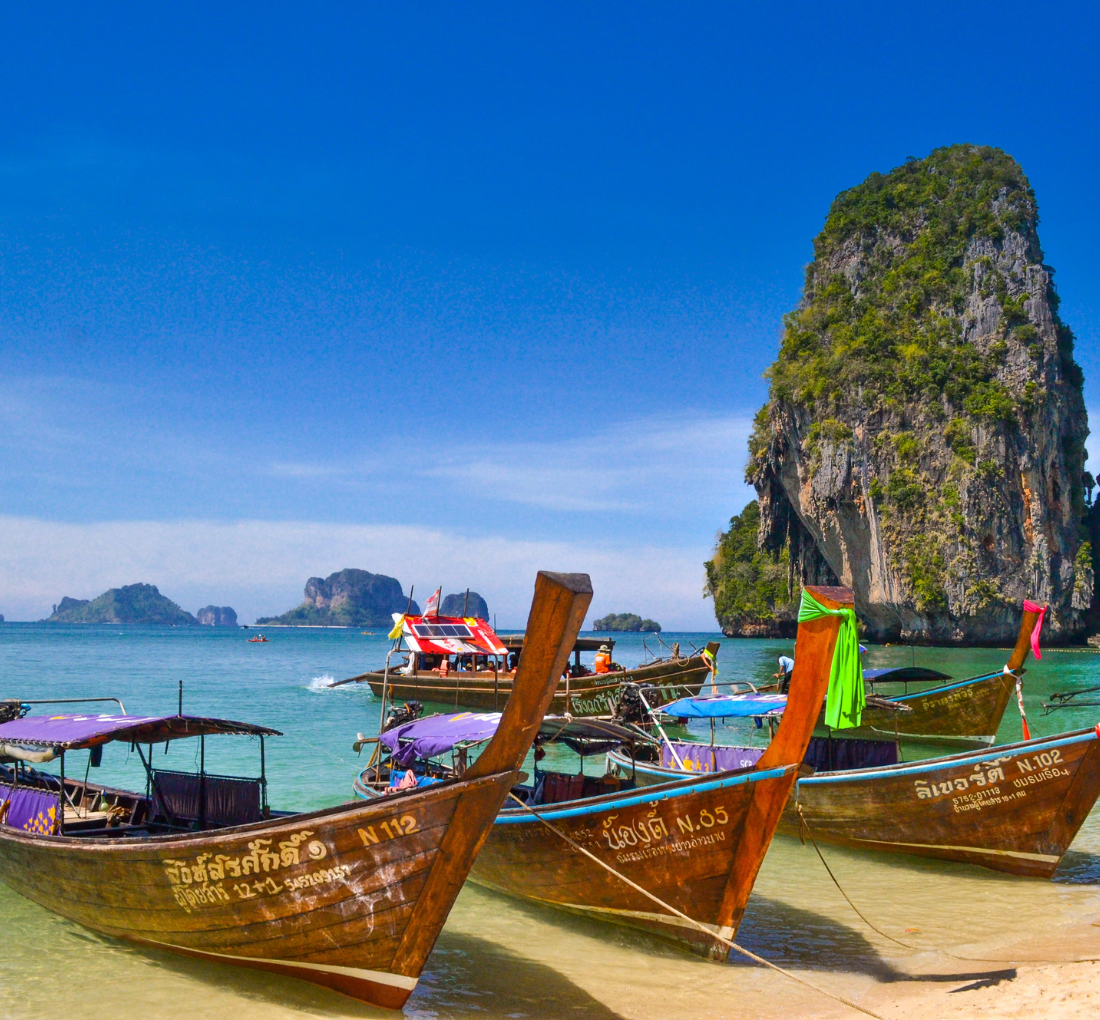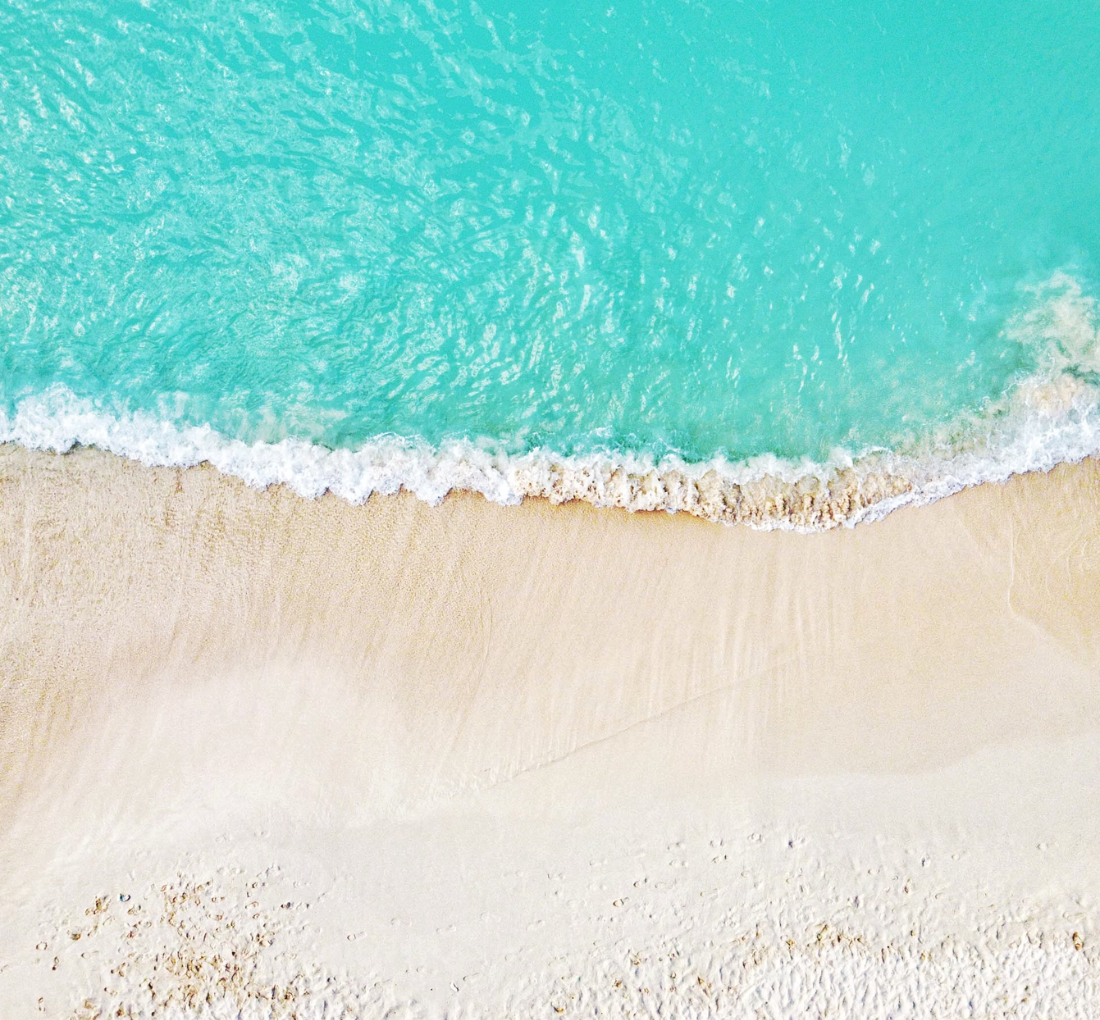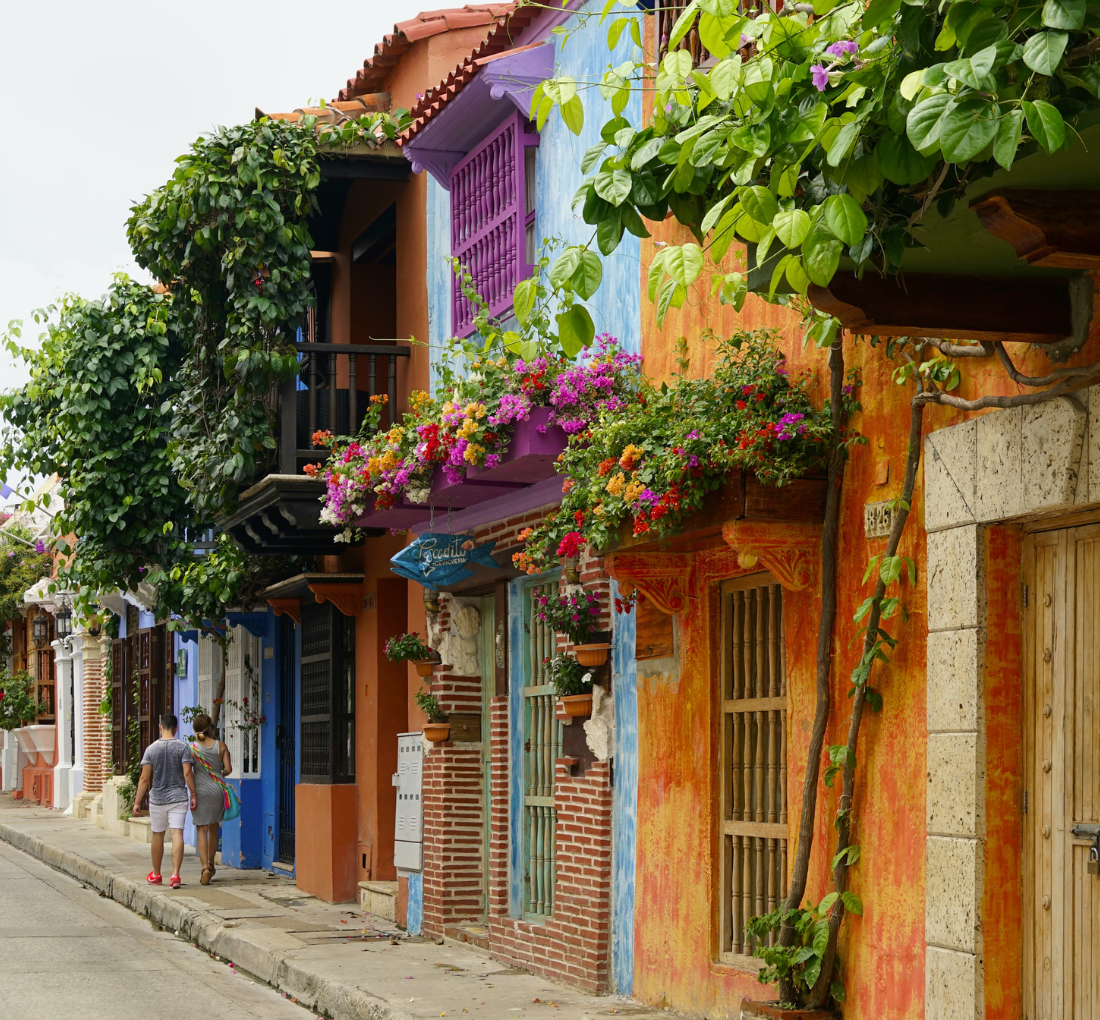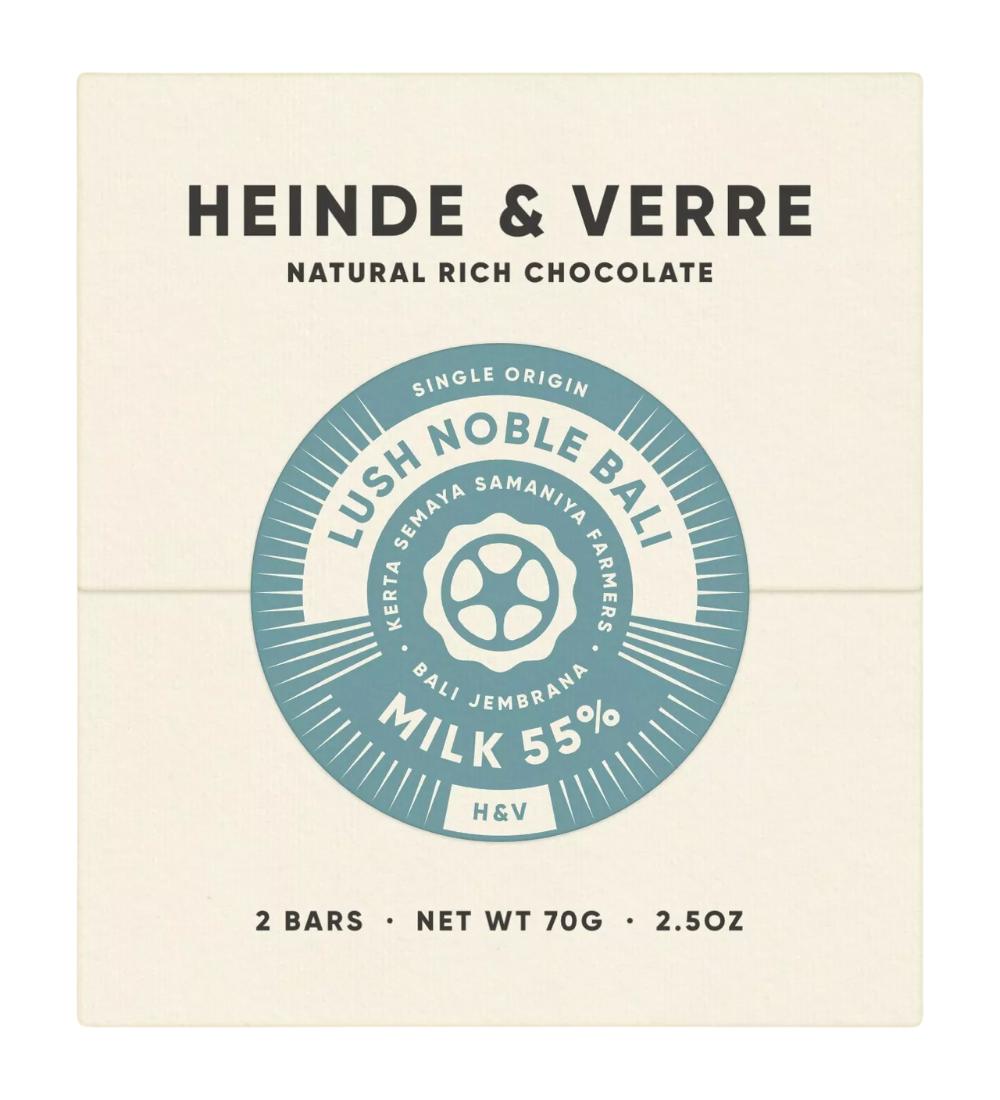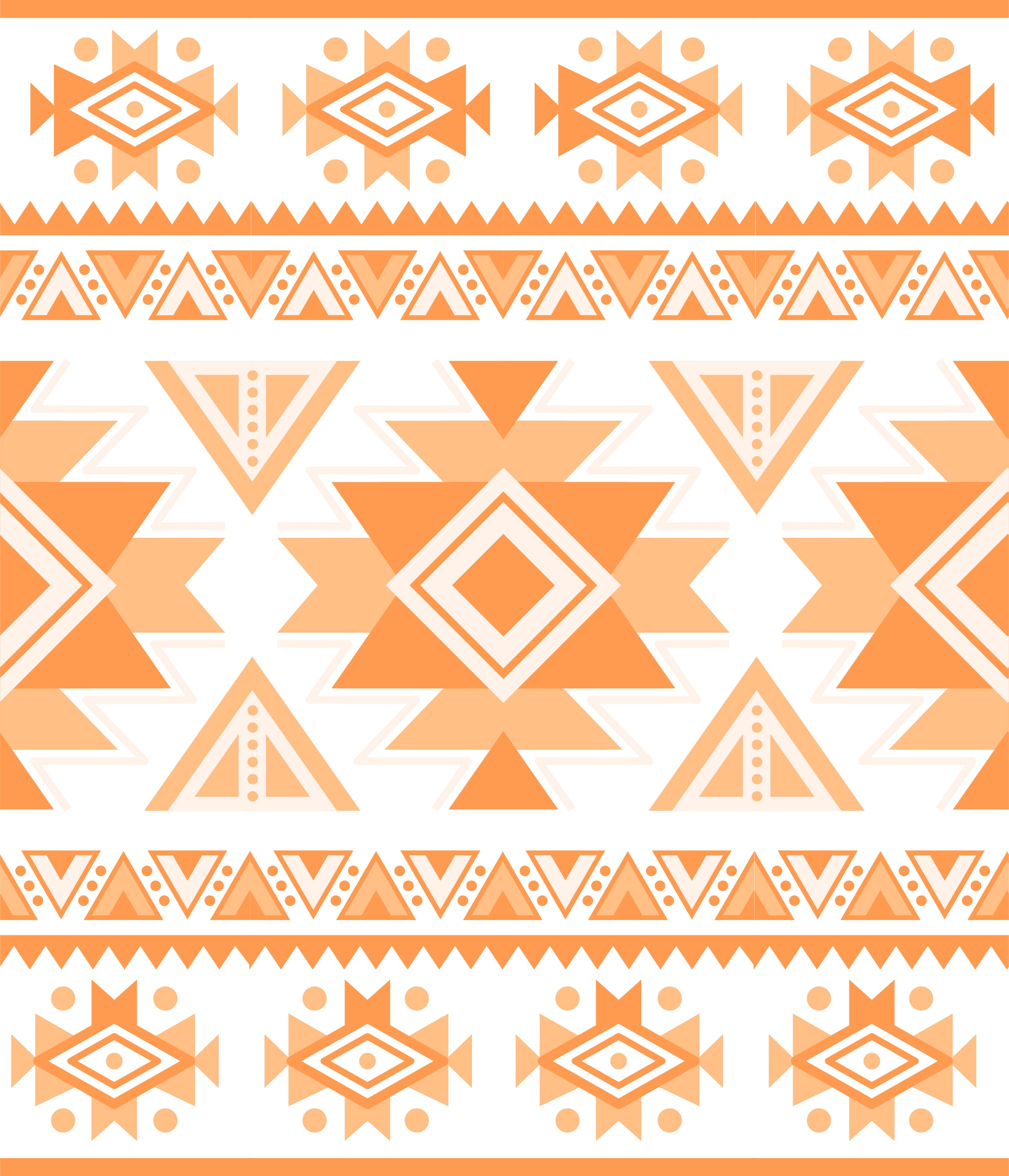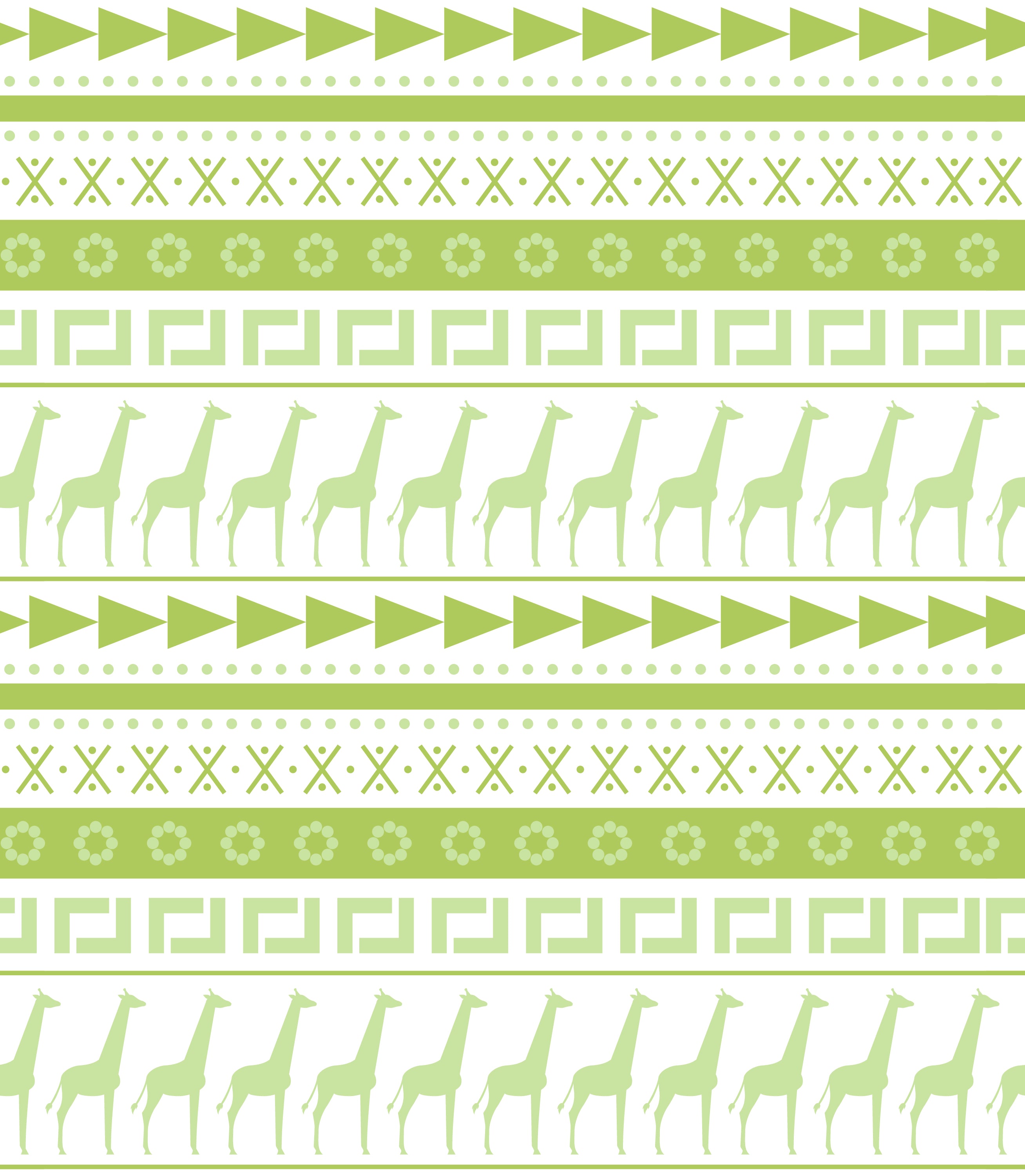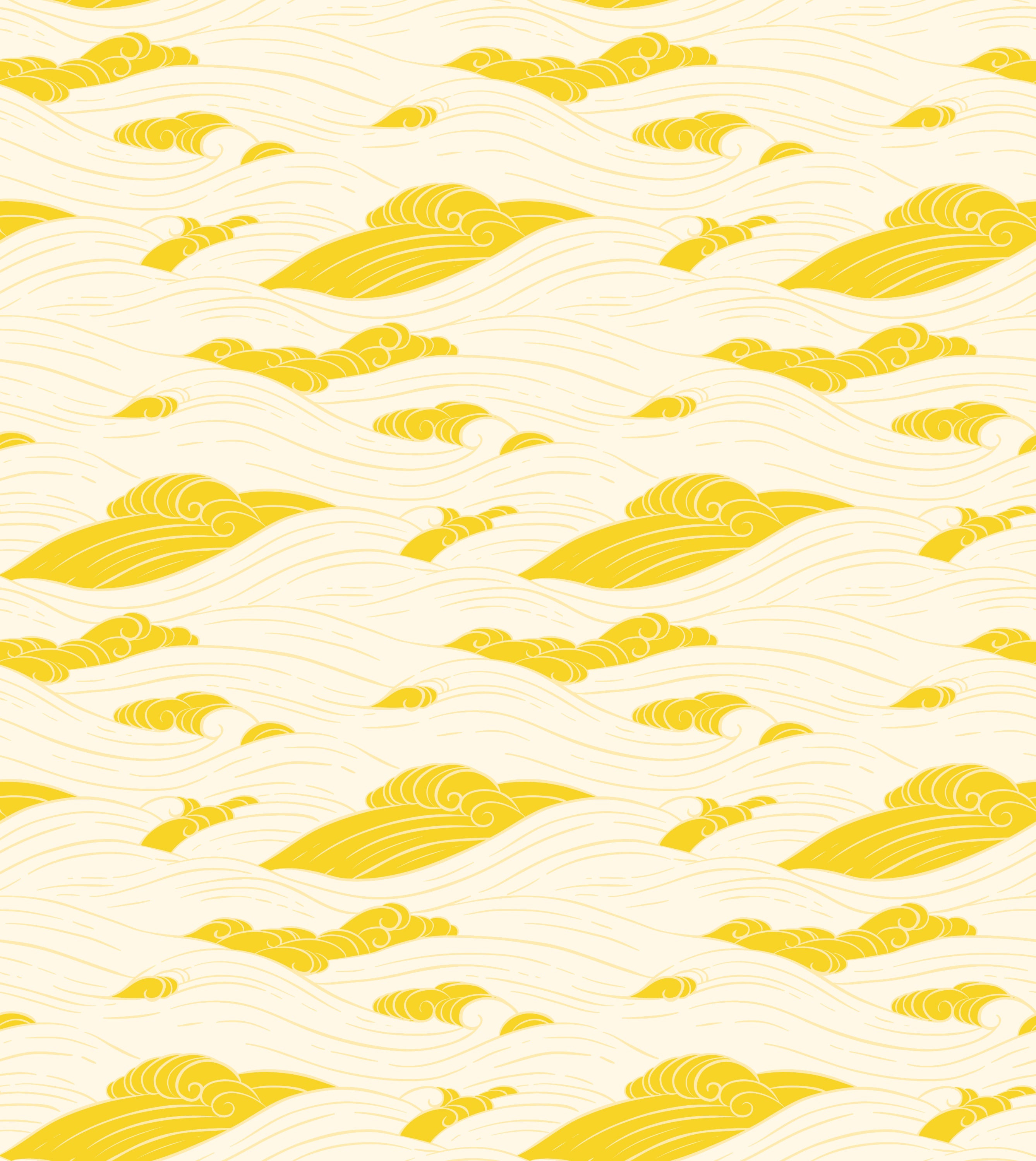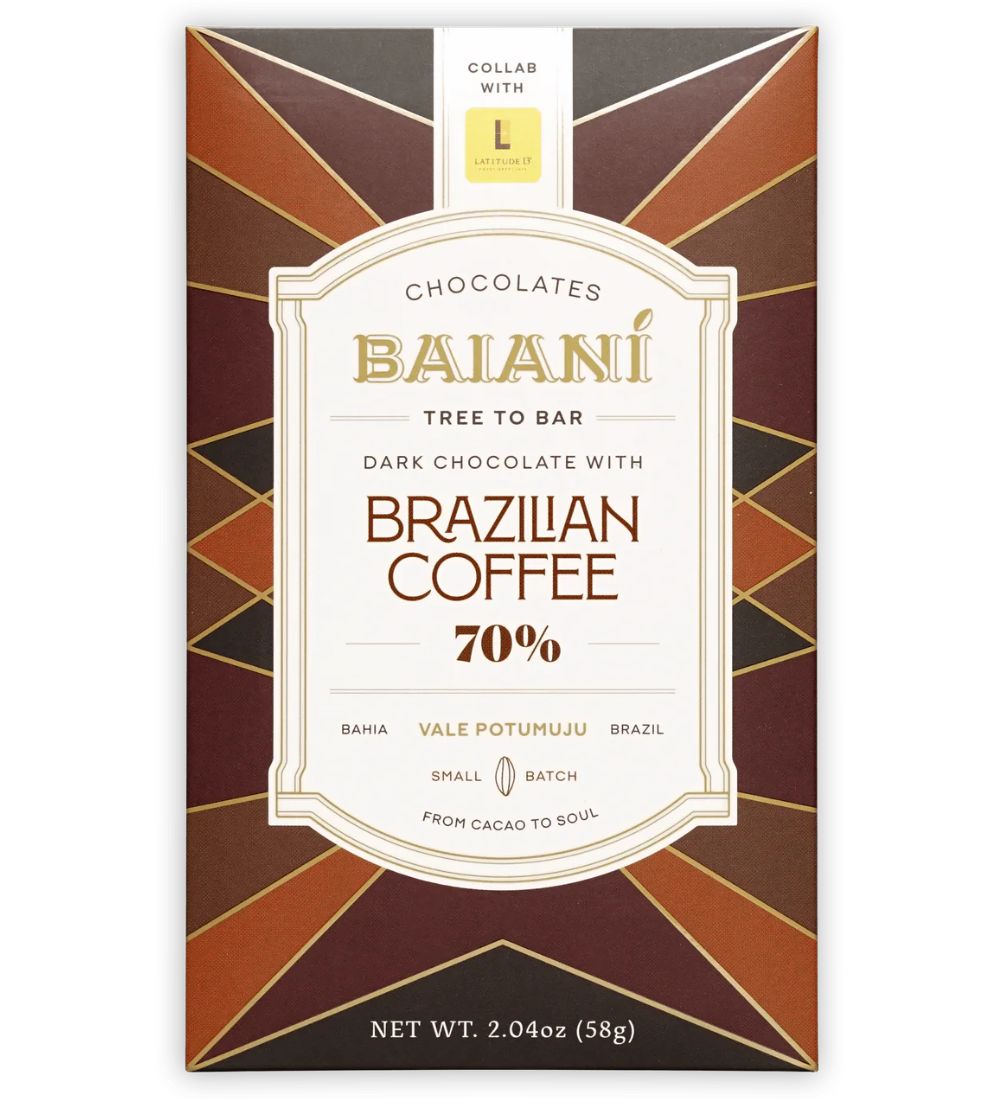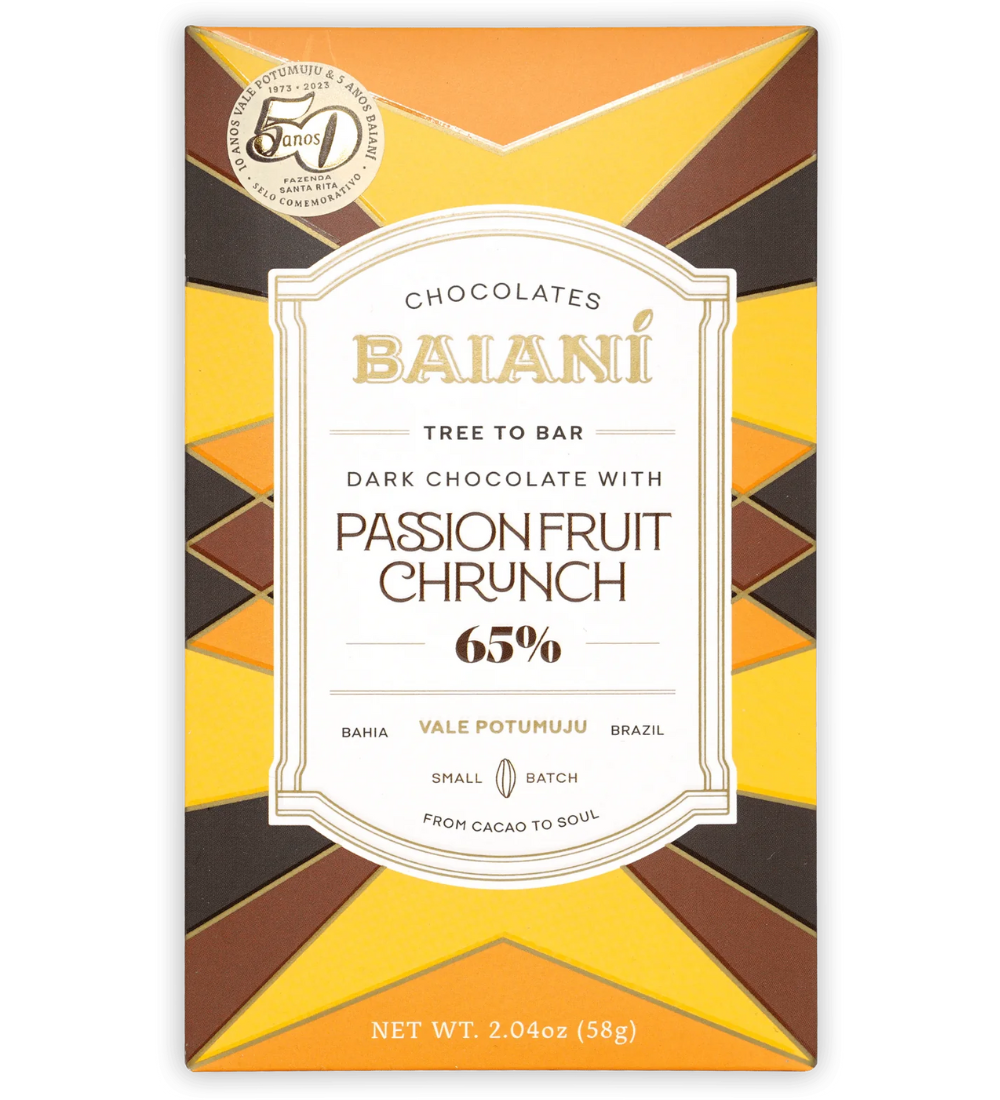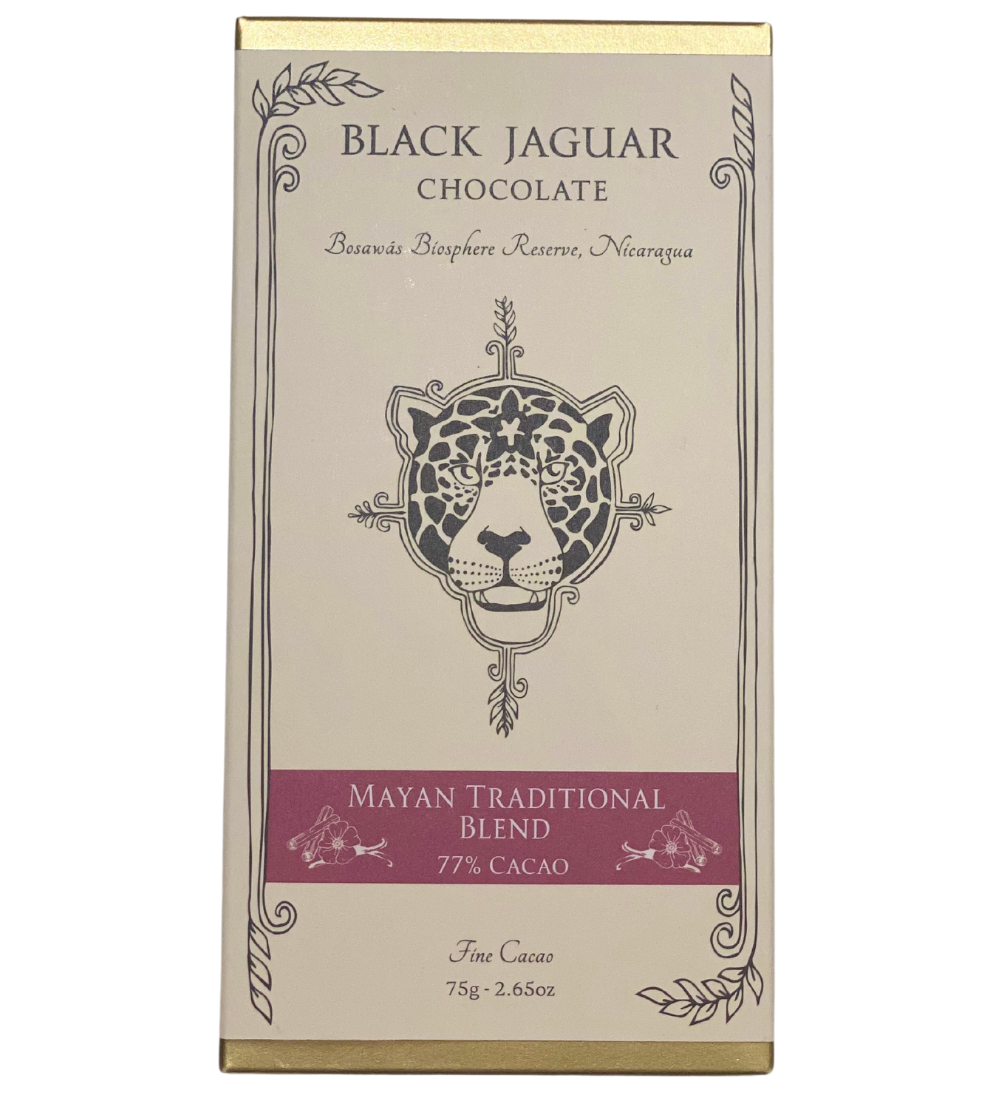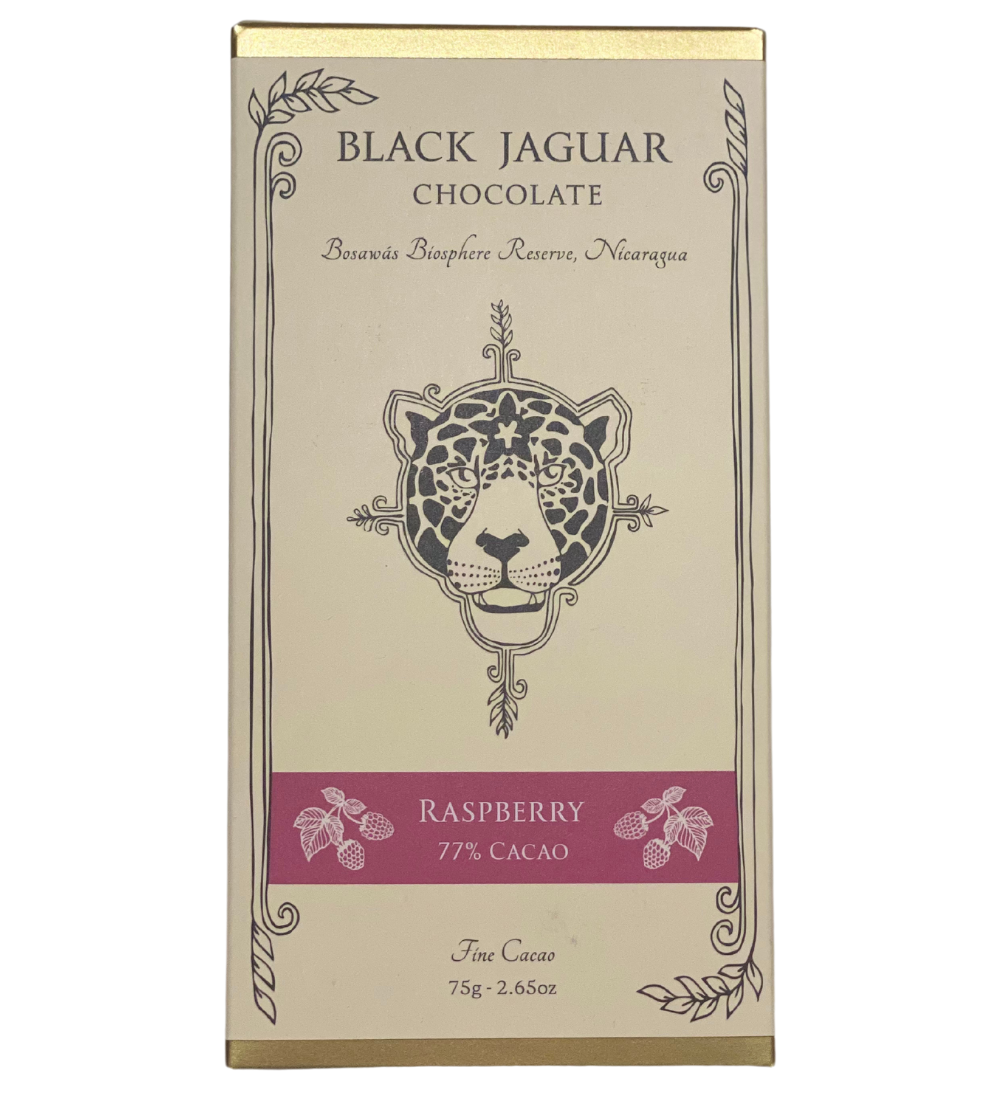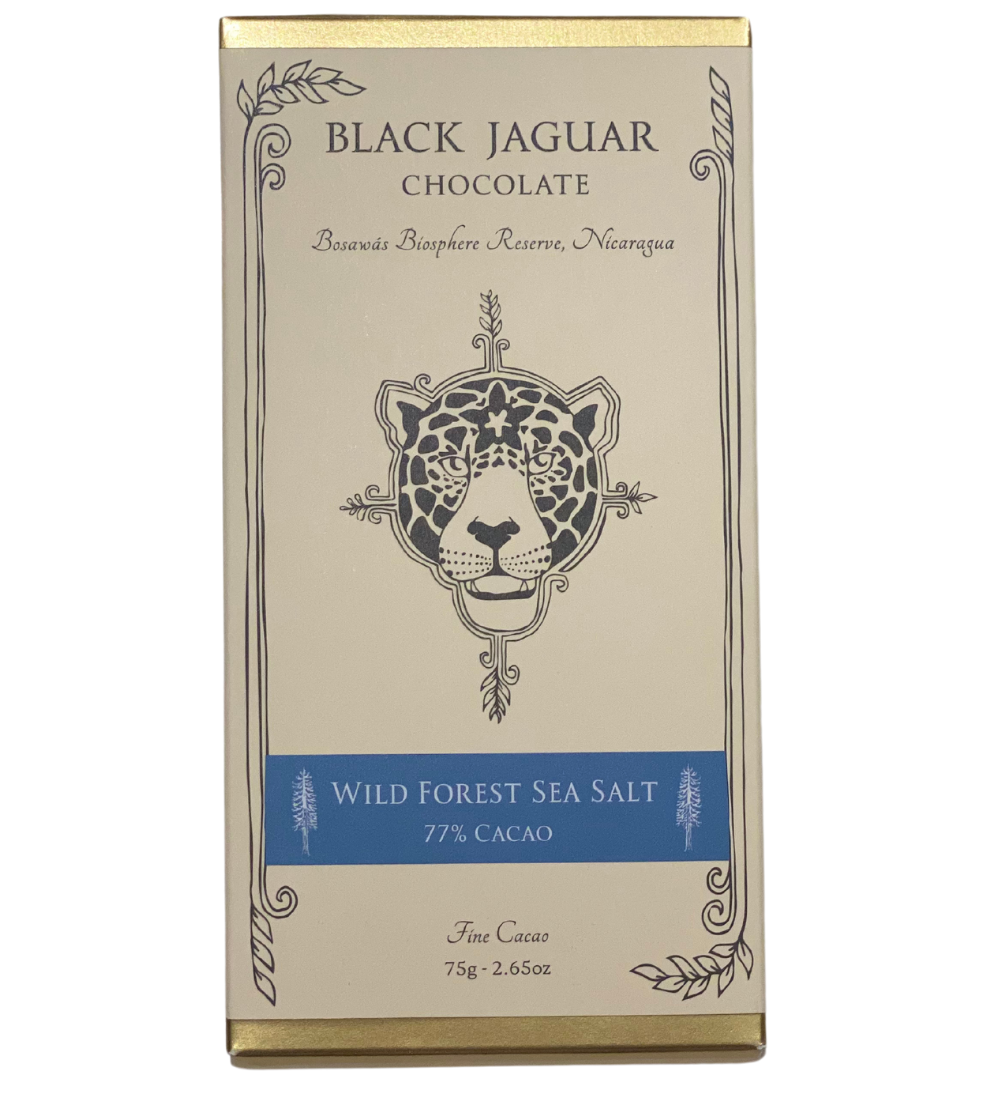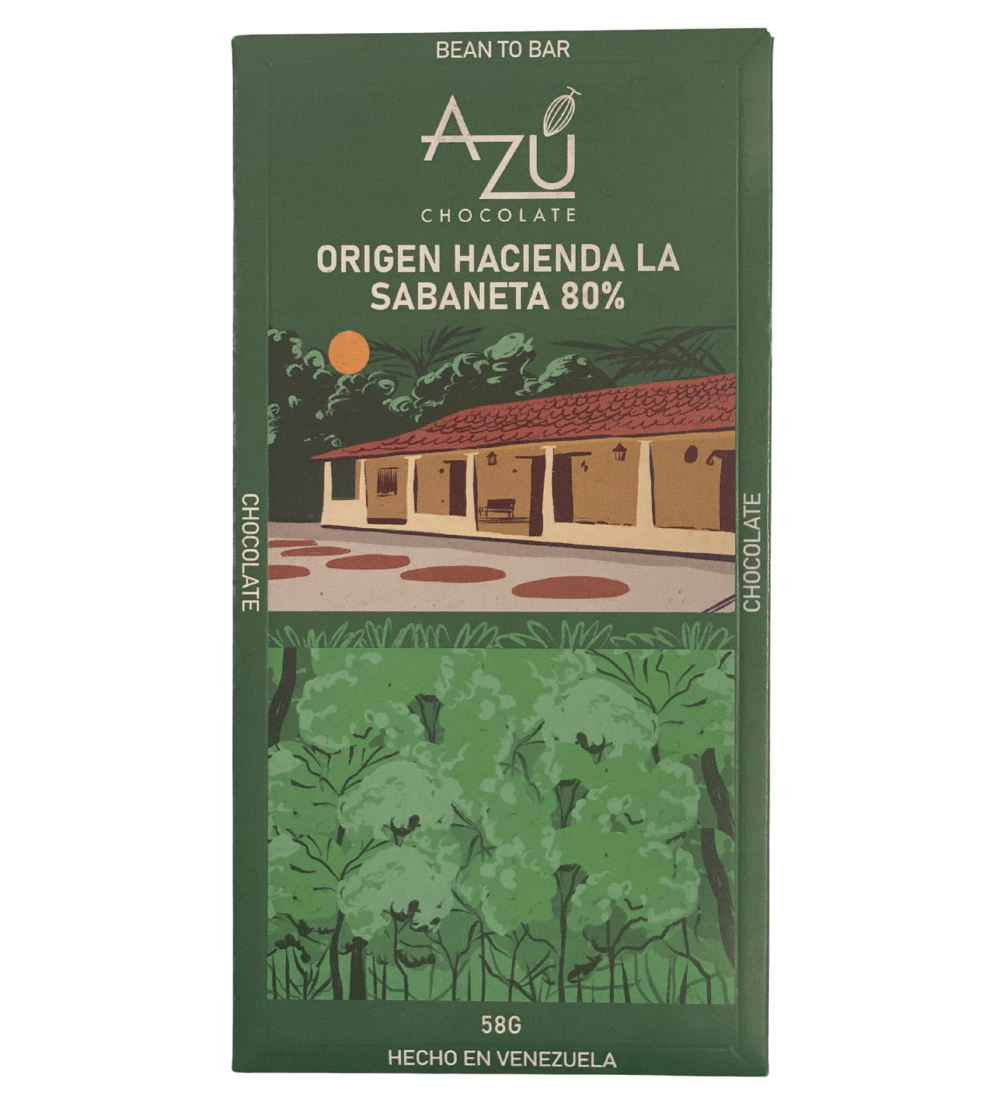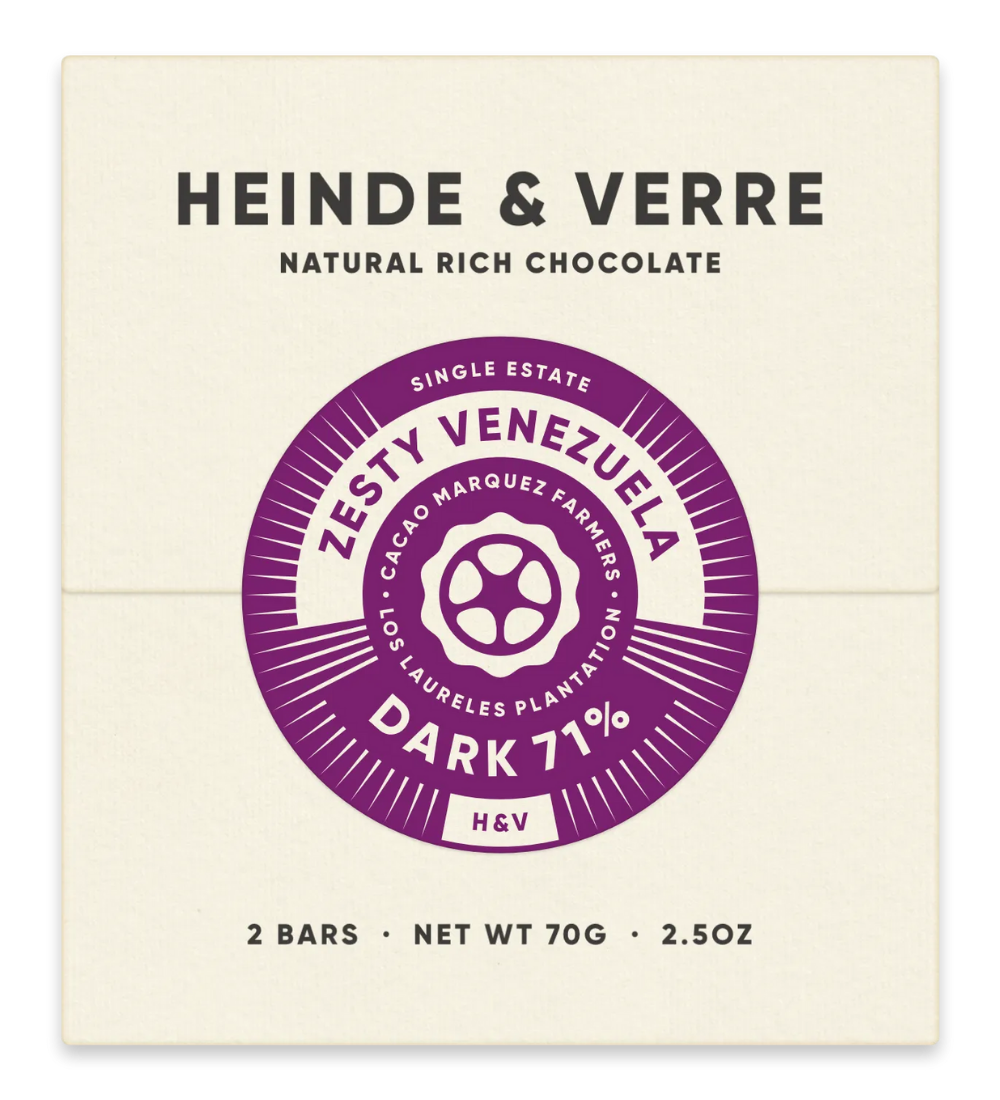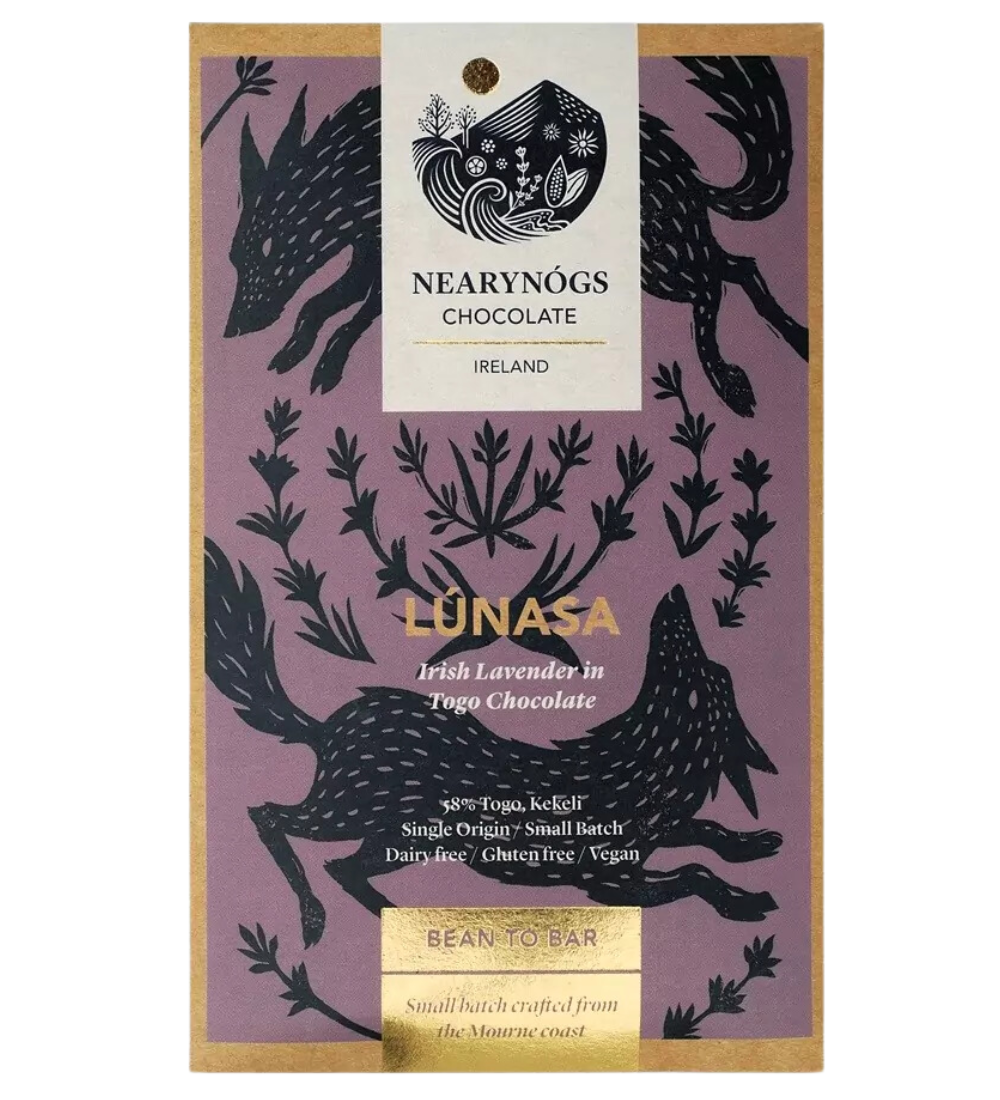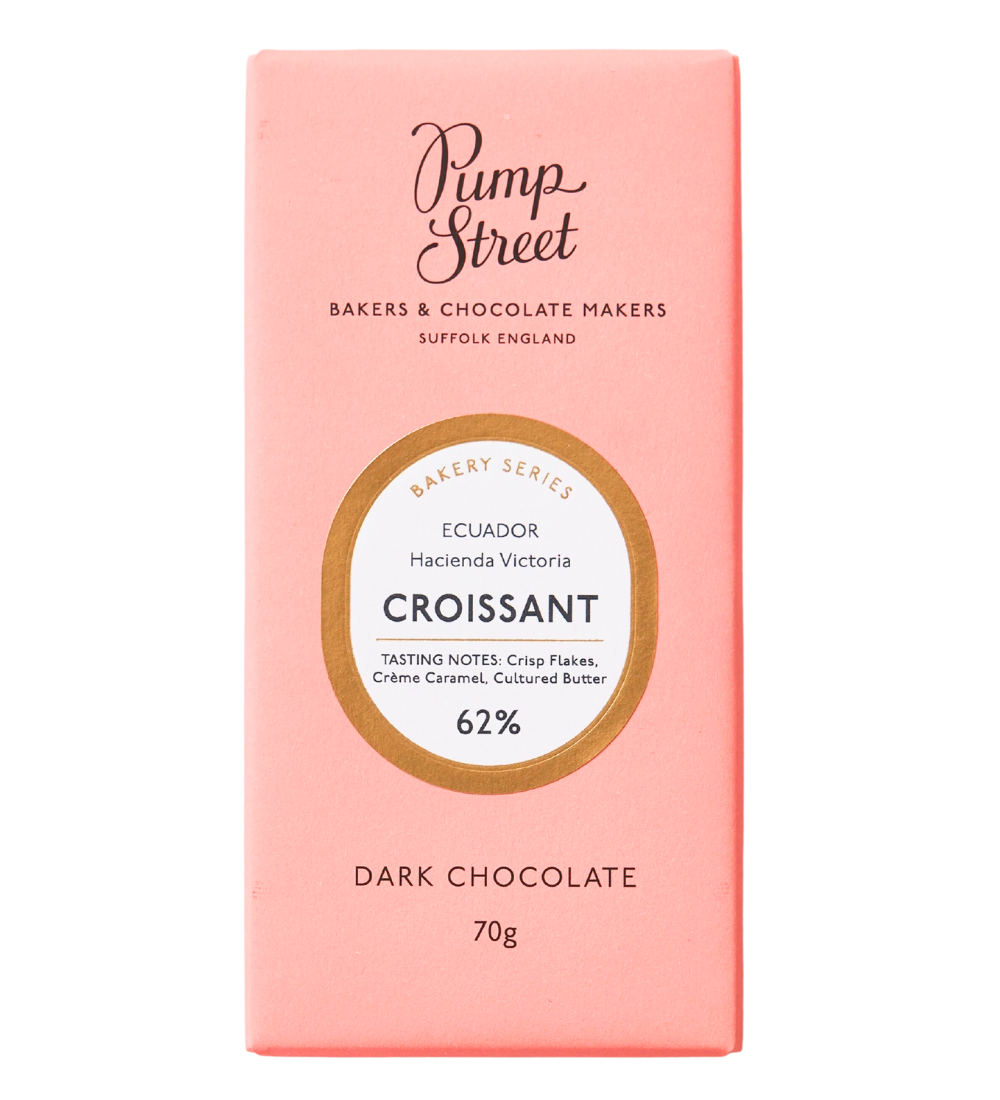The legend of Chuao tells us that the magic of the village’s cocoa lies in the tradition of singing during harvest time. I can just picture the locals belting out tunes about this bar, which features guava - guayaba - that complements their cocoa beautifully. The two ingredients marry like old friends at a bar, creating an almost butterscotch candy-like experience while offering a bright, tangy counterpoint to the rich cocoa. Honestly, for a 55% cocoa content, I expected something lighter, but this bar delivers a richness that’s downright revelatory. And on some bites, you get a slightly pulpy texture from the freeze-dried fruit, adding another layer of complexity. It’s a reminder that sometimes, the best flavours come from a deep connection to the land and its culture.
Azu Chuao w/ Guava 55%
Origine du cacao : Venezuela
Pays producteur : Venezuela
Poids : 58 g
Adding product to your cart

Azu Chuao w/ Guava 55%
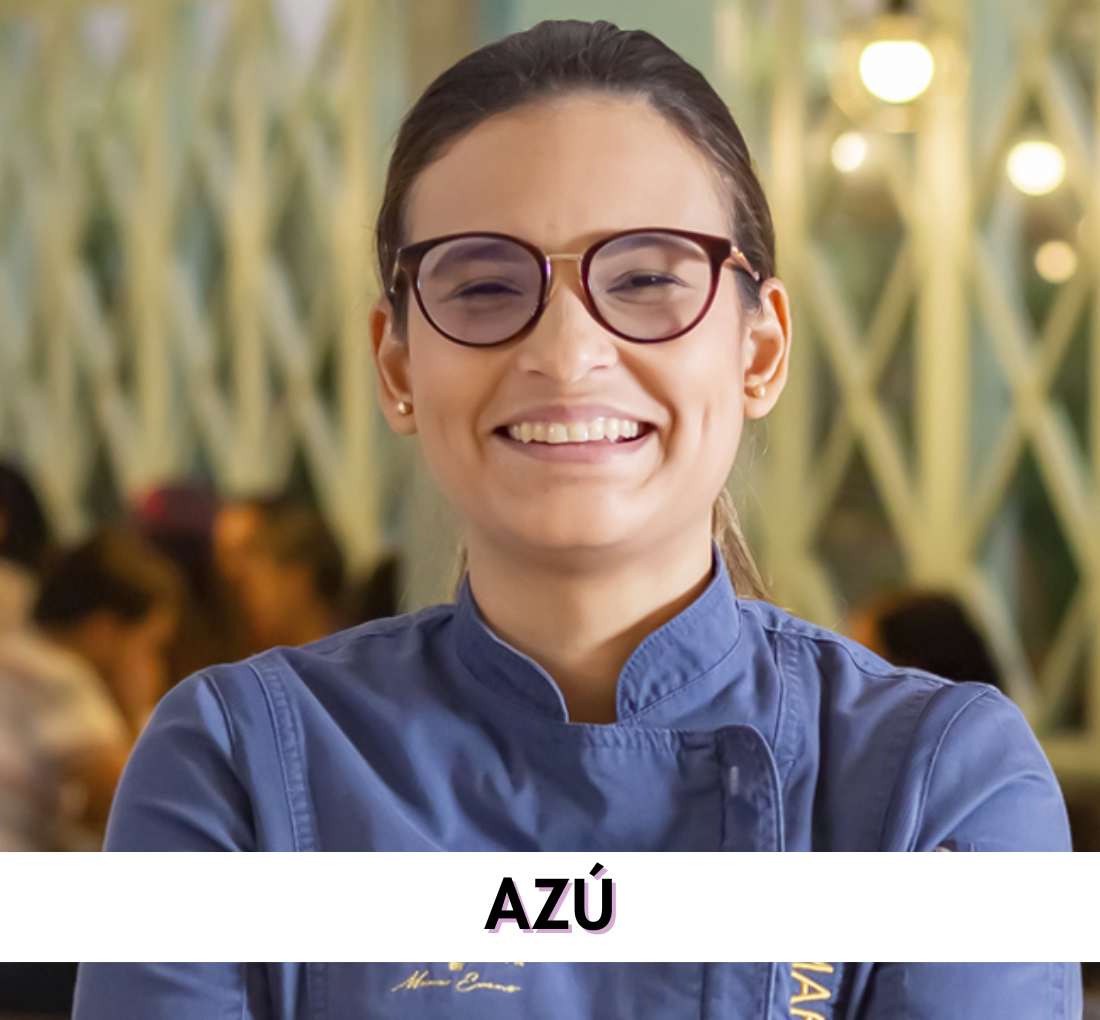
Located in Caracas, Azú is a unique “bean-to-pastry” bakery and cafe founded by pastry chef María Evans, who named it after copoazú (Theobroma grandiflorum), cocoa’s close Amazonian relative. Azú offers both sweets and savoury dishes that highlight Venezuelan and Amazonian ingredients such as parchita (passionfruit), guayaba (guava), serrapia (tonka beans), cupuaçu, and lemon ants, blending them into both classic and innovative creations. This focus on Venezuelan flavours laid the foundation for Azú’s line of chocolate bars, sourced exclusively from the renowned village of Chuao and two distinct single estates, showcasing the character of rare heirloom Venezuelan cocoa. Partnering with the Aboriginal Flavours Foundation, María also organizes seminars in the Venezuelan Amazon and still regularly teaches classes, passionately immersing others in the culture and flavours of the region that inspire her.
Achetez plus AzuAragua State, located in the north-central region of Venezuela, is characterized by dense mountainous jungles and picturesque Caribbean beaches. Home to over 2 million inhabitants, the fertile valleys of Aragua have long been central to intensive agriculture, a legacy that dates back to the last decade of the 16th century. During this time, the Spanish implemented encomiendas—a labour system that allowed conquerors to exploit the labour of non-Christian peoples, effectively establishing a form of communal slavery. Among the first crops cultivated were sugar and cocoa. The village of Chuao, nestled between mountains and the sea and accessible only by boat, is home to some of the world’s most sought-after cocoa, a testament to its over 400 years of cultivation.
